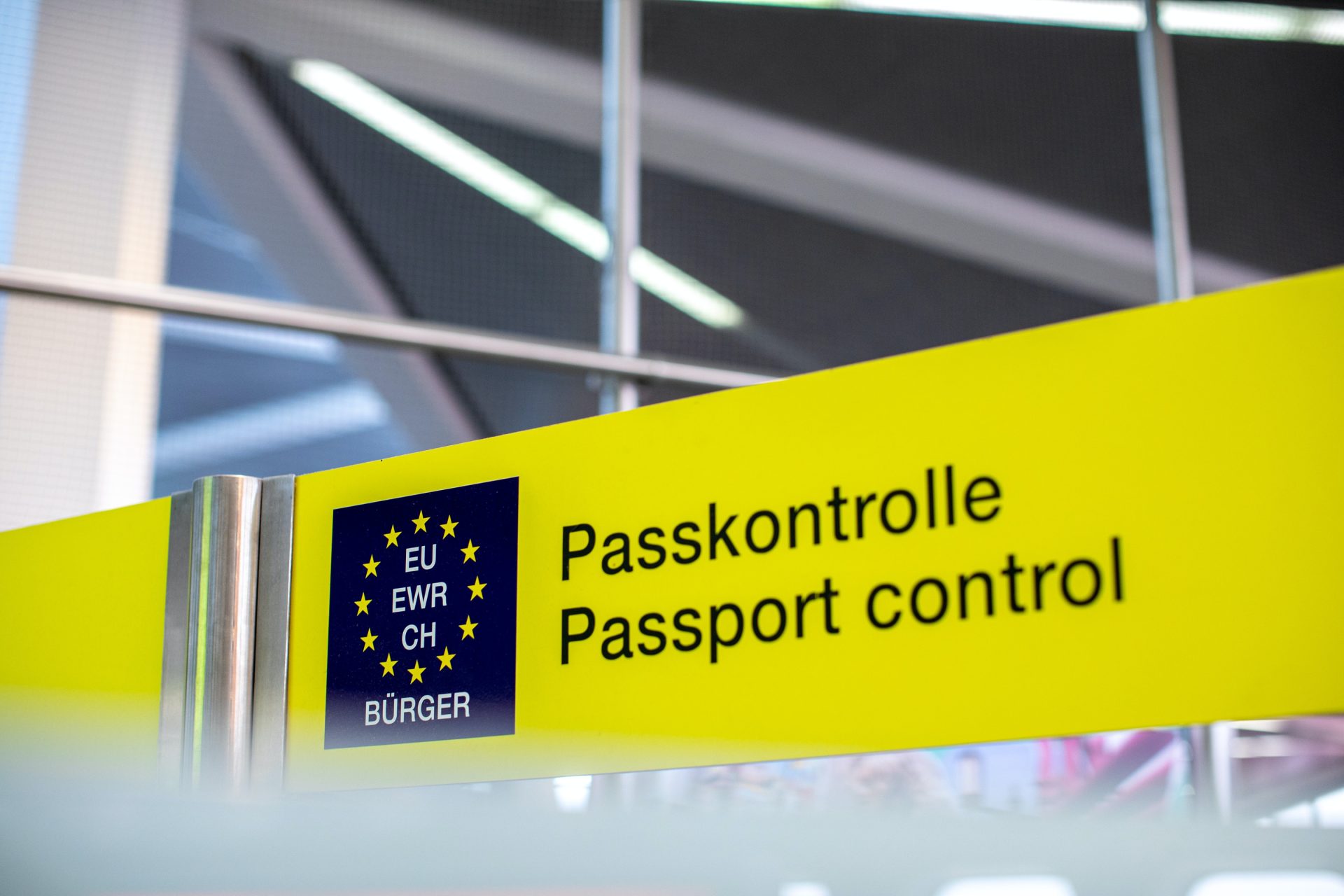Approved: Fewer Hurdles for Foreign Skilled Workers
 The German government has approved a new law aimed at making it easier for skilled workers from non-European Union countries to immigrate to Germany. The law is expected to come into effect in the coming months.
The German government has approved a new law aimed at making it easier for skilled workers from non-European Union countries to immigrate to Germany. The law is expected to come into effect in the coming months.
Under the new law, skilled workers from non-EU countries will have an easier time obtaining work visas and residency permits in Germany. The law will also make it easier for skilled workers to bring their families to Germany, and it will allow foreign graduates of German universities to stay in the country for up to six months to search for work.
The new law is part of Germany’s efforts to address a shortage of skilled workers in the country. The German government hopes that by making it easier for skilled workers from non-EU countries to immigrate to Germany, it will help boost the country’s economy and ensure its long-term prosperity.
The law is also seen as a response to a growing trend of aging populations in Western countries, including Germany. With birth rates declining and people living longer, many Western countries are facing a shortage of workers in key industries. The new law is intended to help address this issue by making it easier for skilled workers from other countries to fill the gaps.
The law has been met with some criticism, however. Some have argued that the law does not go far enough to address the shortage of skilled workers in Germany, and that it may not be enough to attract the talent the country needs to remain competitive in the global marketplace.
Despite these concerns, the new law represents an important step forward in Germany’s efforts to attract skilled workers from non-EU countries. With its strong economy and high standard of living, Germany is well-positioned to attract top talent from around the world, and the new law is intended to help the country do just that.
Related Blogs

Hiring Foreign Talent in Germany: What Employers Must Know in 2025
As Germany continues to face skilled labor shortages across critical sectors, the need for international profe......

Germany’s New “Work-and-Stay” Digital Agency: What You Need to Know in 2025
Germany's Next Leap in Immigration: A One-Stop Digital Solution Germany is rolling out an ambitious new digital platform ai......

Visa Reforms 2025: What the Abolition of the Remonstration Procedure Means for Applicants Worldwide
Presented by Jaberi Lawyers – Where Immigration Meets Expertise As of July 1, 2025, a major procedural shift will reshape h......

